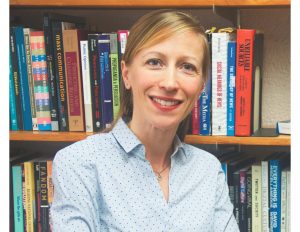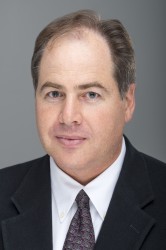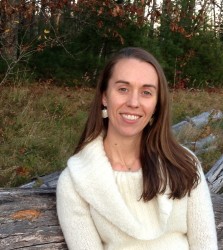The Communication and Journalism Faculty Shine on “Maine Calling” Public Radio
Radio, as a medium, tends to be forgotten about. Though as an effective means of communication, our faculty in the Communication and Journalism stress its value.

Between January and February, Bridie McGreavy, assistant professor of environmental communication, Judith Rosenbaum (pictured right), assistant professor of communication and journalism, and Michael Socolow, associate professor of journalism, all appeared on live “Maine Calling” radio programs.
Socolow (pictured below) discussed the lack of female voices in sports journalism and how that problem can be overcome. He says that w omen are “held to a different standard and the bias is not applied to men equally” and that culturally the idea that women understand less about sports a stigma that is rooted in prejudice.
omen are “held to a different standard and the bias is not applied to men equally” and that culturally the idea that women understand less about sports a stigma that is rooted in prejudice.
McGreavy, in her segment, discussed how changes in the climate and pollutants are affecting the Maine bivalve harvest.
Rosenbaum’s segment was centered around politics in the age of social media, particularly Twitter. She discussed movements and trends and how people engage with certain topics. Specifically referencing the #MeToo movement and how Twitter enables people to have the vocabulary and platform to discuss these topics with others.

These three academics are proving that radio is not a medium that is dying with younger generations, that in fact, it is one of the most
effective ways to get a message and information out to a diverse audience. Socolow stating that “radio broadcasting has always been a terrific way for audiences to get excited and participate in the events that they listen to.”
Bridie McGreavy (pictured right) highlights the accessibility of radio saying, “one of the biggest challenges for linking science and other forms of knowledge, is that most academic research is not accessible, and non-academics generally have to pay to download individual articles. Talking about research on the radio is a great way of letting people know about key findings, and the call-in format provides a unique opportunity to ask questions about the research, and also to disagree with or challenge the work.”
